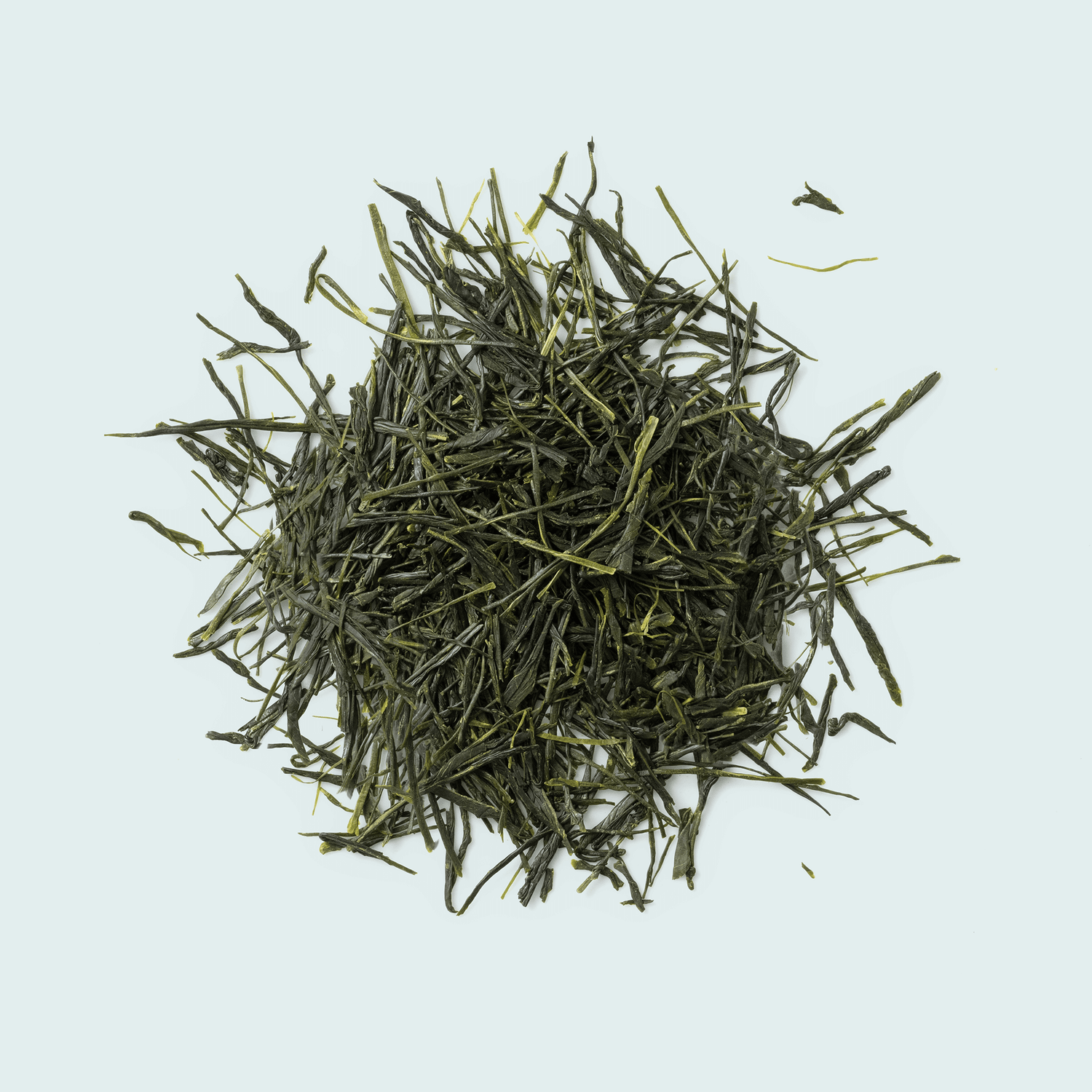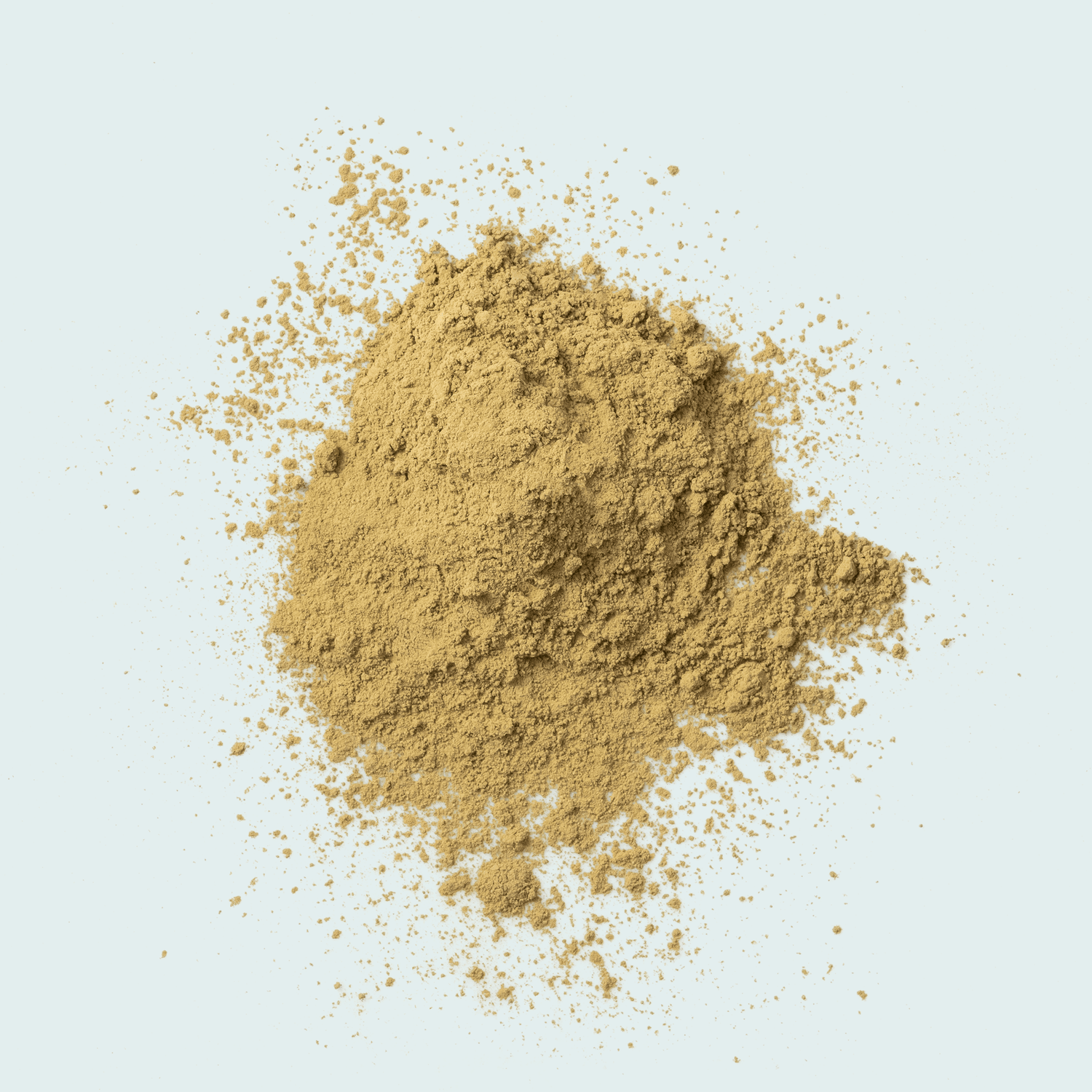As with all tea, the humble Camellia sinensis is the botanical progenitor of Japan's exquisite brews. Yet, it is the artisanal techniques and cultural ethos that elevate Japanese tea to a league of its own, bursting with unparalleled taste and tradition. By eschewing oxidation and instead opting for a steaming process, the distinct green hue, and healthful properties of Japanese tea are preserved, while infusing each variety with an unmatched flavor profile.
Sencha
One cannot speak of Japanese green tea without invoking the timeless classic that is Sencha. Grown in both plains and mountains sans shading, this tea can be lightly steamed for a mere 30 seconds, or deeply steamed for over a minute to elicit maximum umami and astringency. Whether blended with a range of cultivars or kept as a single estate tea, Sencha's versatility knows no bounds. With up to four harvests per field, Sencha is typically reaped one to two times per annum, with the initial yield being deemed the most exquisite. Each cup of Sencha offers a unique taste, dependent on terroir, processing, and steeping method, and can be savoured both hot and cold.
Our Sencha is a single estate tea, the cultivar being the esteemed Yabukita variety, and is processed as asamushi. This tea is organically grown in the majestic mountains of Shizuoka by a family of 14th and 15th generation farmers, ensuring that each sip embodies the essence of Japan's green tea-making heritage.
Genmaicha
Genmaicha is a Japanese tea that has captured the hearts (and taste buds) of tea aficionados around the world. Its distinctive flavour comes from the addition of toasted brown rice, which lends the tea a nutty and earthy aroma that balances out the green tea's natural astringency.
The rice used in Genmaicha is specially grown and toasted to perfection, with each grain contributing to the tea's unique taste profile. As a versatile tea, Genmaicha can be enjoyed on its own or paired with a range of dishes, and the rice pops that float to the top after brewing can even be sprinkled over salads or soups for a crunchy texture and extra flavour boost. With its rich history and bold taste, Genmaicha is an embodiment of the unique and refined experience that Japanese tea offers.
Yamacha
Allow us to introduce you to a truly remarkable tea that hails from the mountainous regions of Miyazaki, Kyushu: Yamacha. Hand-picked by a dedicated local community, this tea is a rare gem even in the world of Japanese teas. Its name directly translates to "mountain tea", and it grows wild in the rugged terrain of Miyazaki. What sets Yamacha apart is its unique production process - it is crafted using the ancient Chinese pan-frying technique known as kamairi, which predates Japan's steaming method by centuries. The result is a flavour profile that is truly one-of-a-kind, with hints of smokiness and a depth of character that can only come from a tea that is so steeped in history and tradition. Explore the rich culture and taste of kamairi Yamacha, a tea that embodies the timeless art of Japanese tea-making.
Hojicha
Hojicha is a type of Japanese green tea that is made by roasting the leaves, stems, and twigs of the tea plant over high heat. This process gives the tea a distinctive smoky flavour and a reddish-brown colour. Unlike other green teas that are typically enjoyed in their unroasted state, Hojicha is known for its mellow and soothing taste, making it a popular choice for those looking for a more subtle and comforting tea experience. Whether enjoyed on its own or as an ingredient in cooking and baking, Hojicha is a versatile and delicious tea that is sure to satisfy even the most discerning tea connoisseur.
Matcha
In the world of Japanese green tea, Matcha reigns supreme. Renowned for its vivid green hue, and centuries-old tradition of being used in tea ceremonies, it's unlike any other tea you've ever tasted. Rather than steeping the leaves, Matcha consists of the entire tea leaf that's been powdered and whisked in hot water. Its unique cultivation and production process set it apart from classic teas, where Tencha is grown shaded to create a balanced flavor. The blending process is kept under wraps and varies by season and year, making each batch a unique work of art. The quality of Matcha can vary widely, with ceremonial grade premium being the most exquisite, and culinary grade being suitable for baking and confectionery. Several factors influence the taste and quality:
1. Tea shading timing
2. How much work is done by hand
3. Harvest timing (first or last)
4. The processing
5. How it is ground (traditional and industrial, with the yielded amounts varying greatly)







